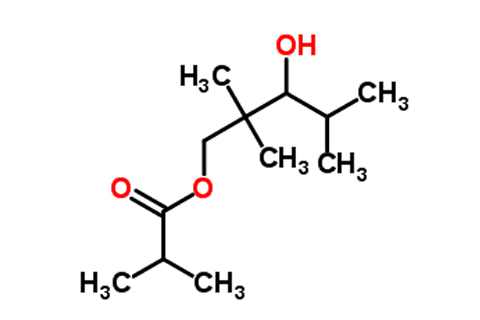Film-forming Agent

Product description
Film-forming Agent
A film forming agent is a substance that forms a continuous, protective layer on a surface. This layer can be used for various purposes, such as providing protection, enhancing appearance, or improving functionality.
FILM-FORMING AGENT FOR SALE
Alcohol Ester-12
Alcohol Ester-16
MAIN FUNCTIONS OF FILM-FORMING AGENTS
1
Surface protection: Natural film forming agents can protect surfaces from damage, wear, and tear, or environmental exposure. For example, they can be used to protect wood, metal, or plastic surfaces from moisture, UV radiation, or other environmental factors.c
2
Aesthetics enhancement: Film-forming agents can improve the appearance of a surface by adding gloss, color, or texture. For example, these additives for paints and coatings can be used to add a glossy or matte finish to a surface or to enhance the color and texture of paint or coating systems.
3
Functionality improvement: Film-forming agents can improve the performance of a surface by adding functional properties. For example, they can be used to improve the water resistance, slip resistance, or electrical conductivity of a surface.
4
Durability: Film-forming agents such as alcohol ester 12 can improve the durability of a surface, making it resistant to fading, chipping, or peeling.
FILM FORMING AGENT FEATURES
Ⅰ
Adhesion: Film-forming agents possess good adhesion properties, allowing them to adhere firmly to the surface they are applied to. This ensures that the film remains intact and does not easily peel off or detach.
Cohesion: Film-forming agents have cohesive properties, meaning they can bind to themselves, forming a continuous and uniform film. This cohesive nature ensures the film is structurally stable and resistant to cracking or breaking.
Film Transparency: Many film-forming agents are transparent or have the ability to form transparent films. This is particularly important in applications where the underlying surface or substrate needs to be visible or aesthetically pleasing.
Solubility: Film-forming agents, as industrial fine chemicals, are often soluble in specific solvents or dispersible in water, allowing for easy application and uniform distribution on the surface. Solubility properties may vary depending on the specific film-forming agent used.
Drying Time: Film-forming agents typically have a suitable drying or curing time, allowing the film to form and set within a desired timeframe. The drying time can be adjusted based on the specific application requirements.
Ⅱ
Mechanical Strength: Film-forming agents can provide mechanical strength to the film, making it resistant to abrasion, scratching, or other physical stresses. This feature ensures the longevity and durability of the film.
Barrier Properties: Film-forming agents made by most fine chemical suppliers can create a protective barrier on the applied surface, shielding it from external factors such as moisture, chemicals, UV radiation, or pollutants. This barrier function helps to preserve the integrity of the underlying material.
Flexibility: Some natural film-forming agents exhibit flexibility, allowing the film to bend or stretch without cracking or breaking. This flexibility is particularly important in applications where the film needs to adapt to substrate movement or deformation.
Compatibility: Film-forming agents should be compatible with other ingredients or additives present in the formulation, ensuring stability and homogeneity of the film. Compatibility considerations include solubility, dispersibility, and chemical interactions with other components.
Environmental Considerations: Increasingly, there is a demand for film-forming agents that are environmentally friendly and sustainable. This includes considerations such as low VOC content, biodegradability, and reduced environmental impact.

